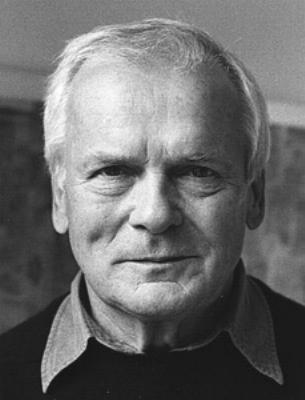

| Vinko Globokar (7 July 1934, Anderny,
France) is a Slovene composer and trombonist. He lived in France until 1947,
when he moved to Ljubljana to study at the music school and conservatory,
gaining his diploma in 1954. In 1955 he began studies at the Paris Conservatoire,
where he won first prizes for trombone (1959) and chamber music. He studied
composition and conducting with Leibowitz (1959–63) and composition with
Berio in Berlin (1965). He has performed the premières of a large number of works for trombone by Luciano Berio, Mauricio Kagel, Karlheinz Stockhausen, René Leibowitz, Louis Andriessen, Tōru Takemitsu, Jürg Wittenbach and others. [Links refer to my interviews elsewhere on this website. BD] He has conducted his works with the orchestras of Westdeutscher Rundfunk, Radio France, Radio Helsinki, Radio Ljubljana, with the Philharmonic Orchestras of Warsaw and Jerusalem. In 1966 Globokar joined a performing group for new music at SUNY (Buffalo), and in 1968 he was appointed to teach the trombone at the Staatliche Hochschule für Musik (Köln, Germany) and composition at the Köln courses for new music. He founded the Free Music Group in 1969 and a quartet, New phonic art, also in 1969, both of which perform contemporary music, including many of his own works. He also performed in Stockhausen's group, and from 1973 to 1979 was head of vocal-instrumental research at Ircam (Paris, France). From 1983 to 1999 he was teaching and conducting the 20th-century repertoire with the Orchestra Giovanile Italiana based in Fiesole (Florence). In 2003 he was made a honorary member of the International Society for Contemporary Music (ISCM). Vinko Globokar lives in Paris and Zuzemberk/Slovenia. |
 BD: This is technical gymnastics on a trombone?
BD: This is technical gymnastics on a trombone?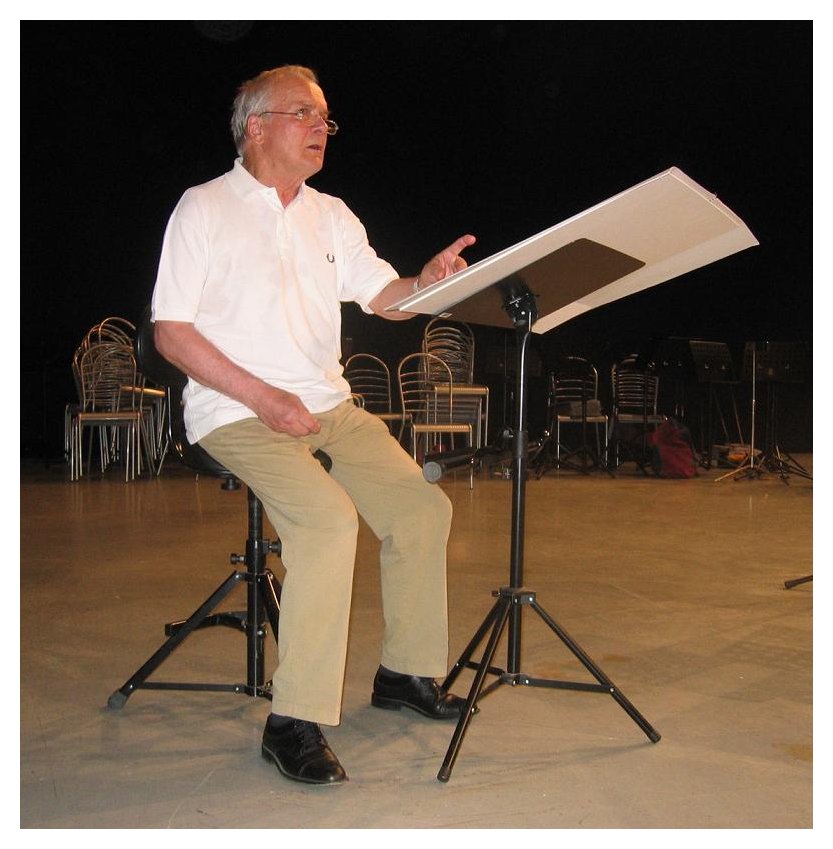
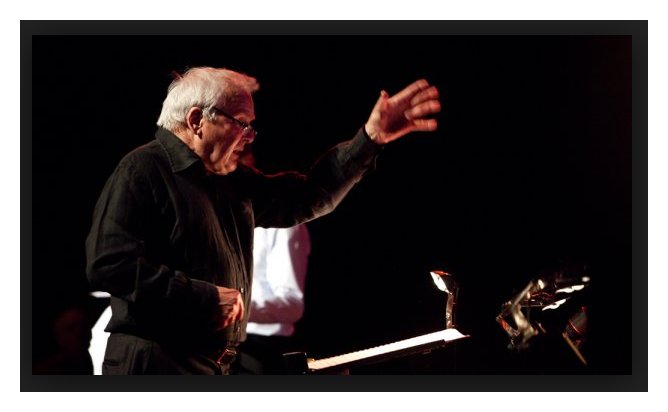 BD: So there’s lots of audiences?
BD: So there’s lots of audiences?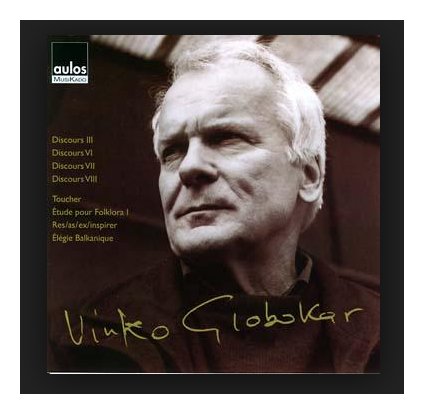 VG: No. The music is transport for some ideas
which are bound with sociological problems and with political problems.
You have, in the society, people who are fascists and you have people who
are democrats and you have people who are humanists. If a fascist likes
my music, I would not like this.
VG: No. The music is transport for some ideas
which are bound with sociological problems and with political problems.
You have, in the society, people who are fascists and you have people who
are democrats and you have people who are humanists. If a fascist likes
my music, I would not like this.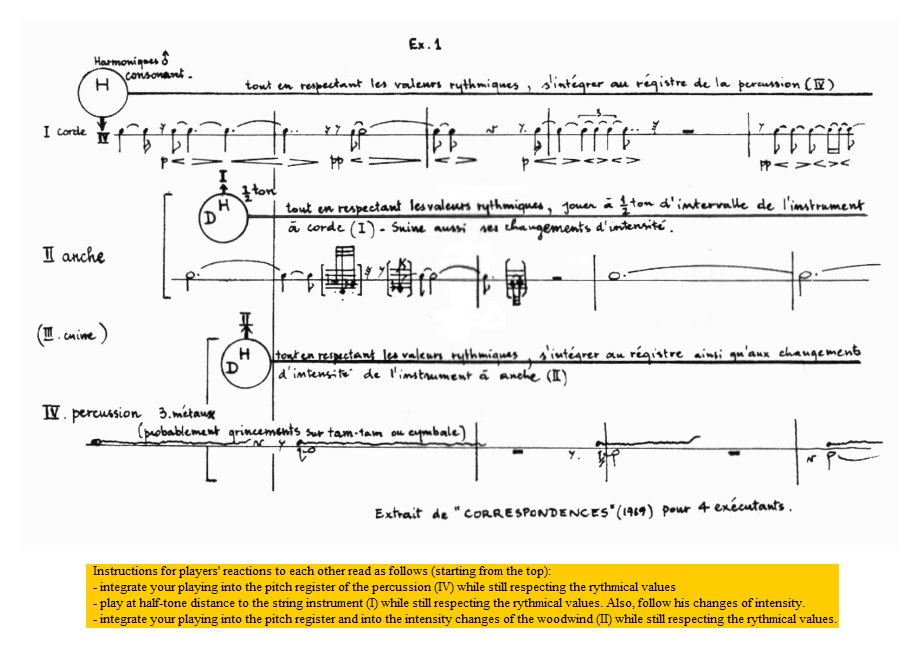
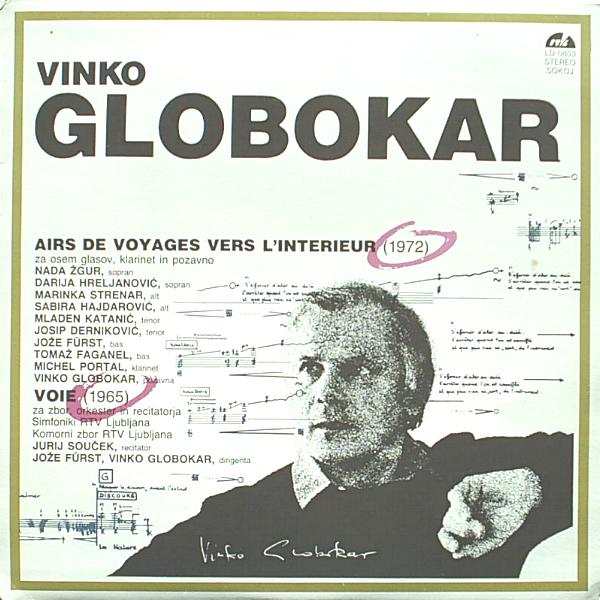 VG: Oh, no. When it’s a performance done by
people who I select, then yes because I trust them. I have some friends
with whom I’ve worked a lot through years, so I know that they can do it.
I know their character. Also, if they do something that is against
my wishes, I know that they will do it because I know them. But I am
very displeased when I come into a town with an orchestra or with a group
of people who are beginners.
VG: Oh, no. When it’s a performance done by
people who I select, then yes because I trust them. I have some friends
with whom I’ve worked a lot through years, so I know that they can do it.
I know their character. Also, if they do something that is against
my wishes, I know that they will do it because I know them. But I am
very displeased when I come into a town with an orchestra or with a group
of people who are beginners.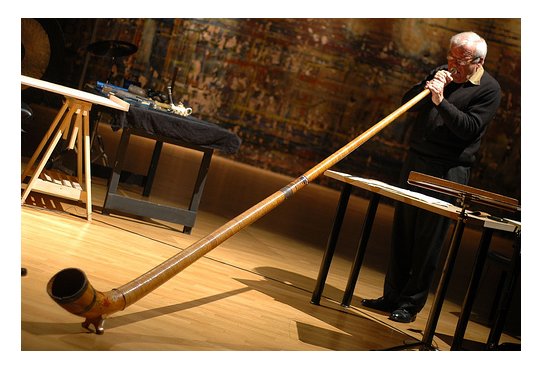 VG: No more, but I did hundreds of first performances
in my life, going from the known — like Berio, Stockhausen,
Kagel, Holliger, Wyttenbach, Takemitsu, etcetera, etcetera — to
completely unknown people. But now I am older, and to play trombone
when you are 80 is very difficult. [Laughs]
VG: No more, but I did hundreds of first performances
in my life, going from the known — like Berio, Stockhausen,
Kagel, Holliger, Wyttenbach, Takemitsu, etcetera, etcetera — to
completely unknown people. But now I am older, and to play trombone
when you are 80 is very difficult. [Laughs]This interview was recorded in Chicago on November 20, 2000.
Segments were used (with recordings) on WNIB one month later. The transcription
was made and posted on this website in 2013.
To see a full list (with links) of interviews which have been transcribed and posted on this website, click here.
Award - winning broadcaster Bruce Duffie was with WNIB, Classical 97 in Chicago from 1975 until its final moment as a classical station in February of 2001. His interviews have also appeared in various magazines and journals since 1980, and he now continues his broadcast series on WNUR-FM, as well as on Contemporary Classical Internet Radio.
You are invited to visit his website for more information about his work, including selected transcripts of other interviews, plus a full list of his guests. He would also like to call your attention to the photos and information about his grandfather, who was a pioneer in the automotive field more than a century ago. You may also send him E-Mail with comments, questions and suggestions.